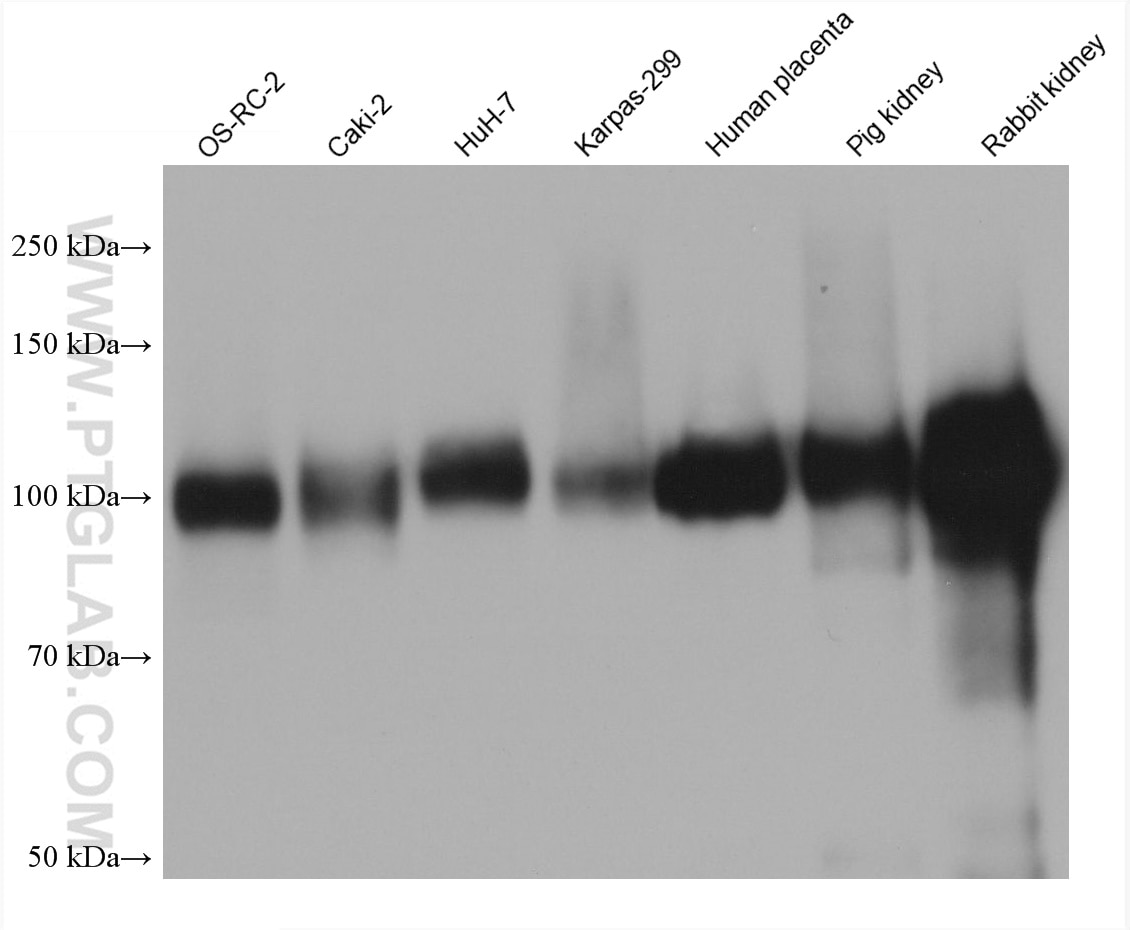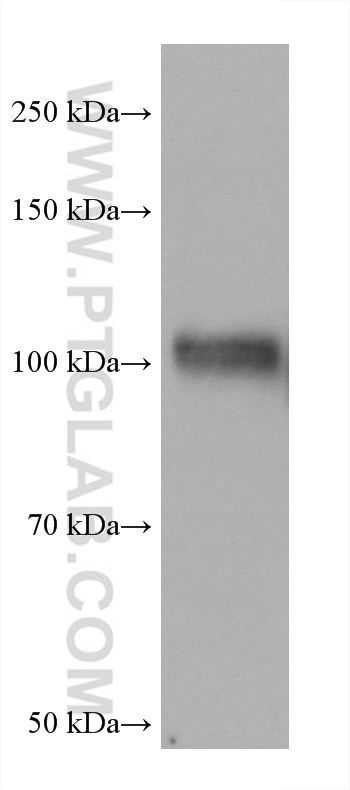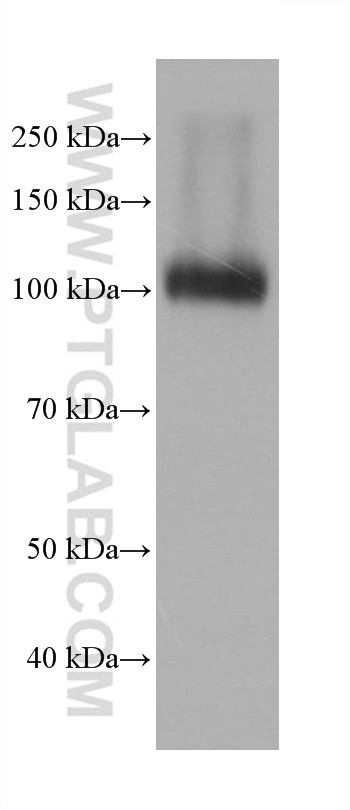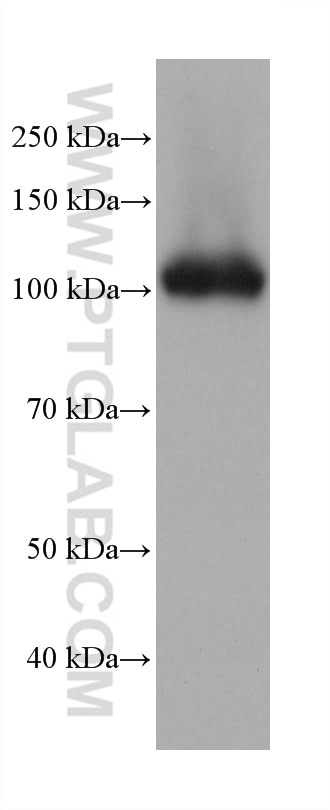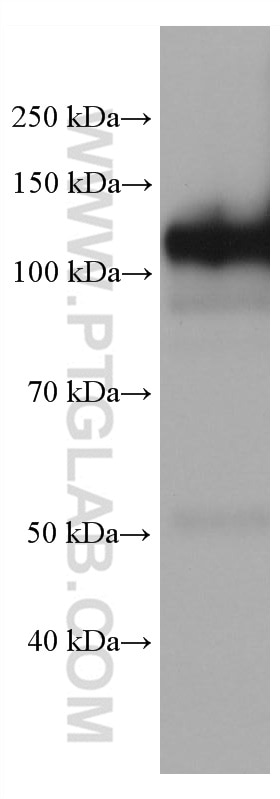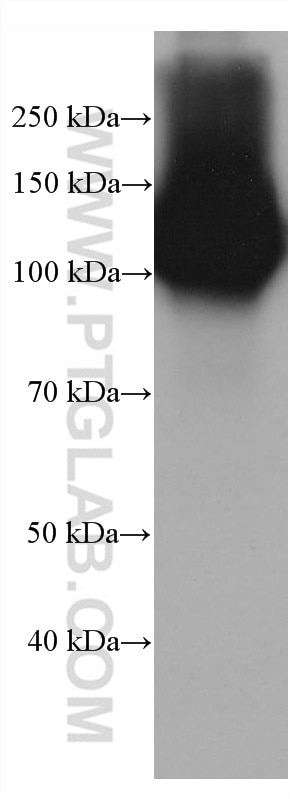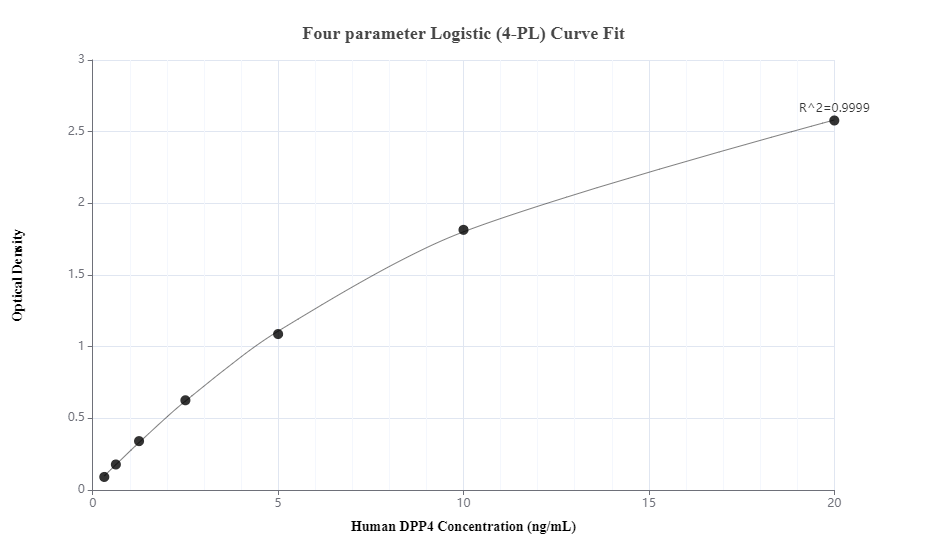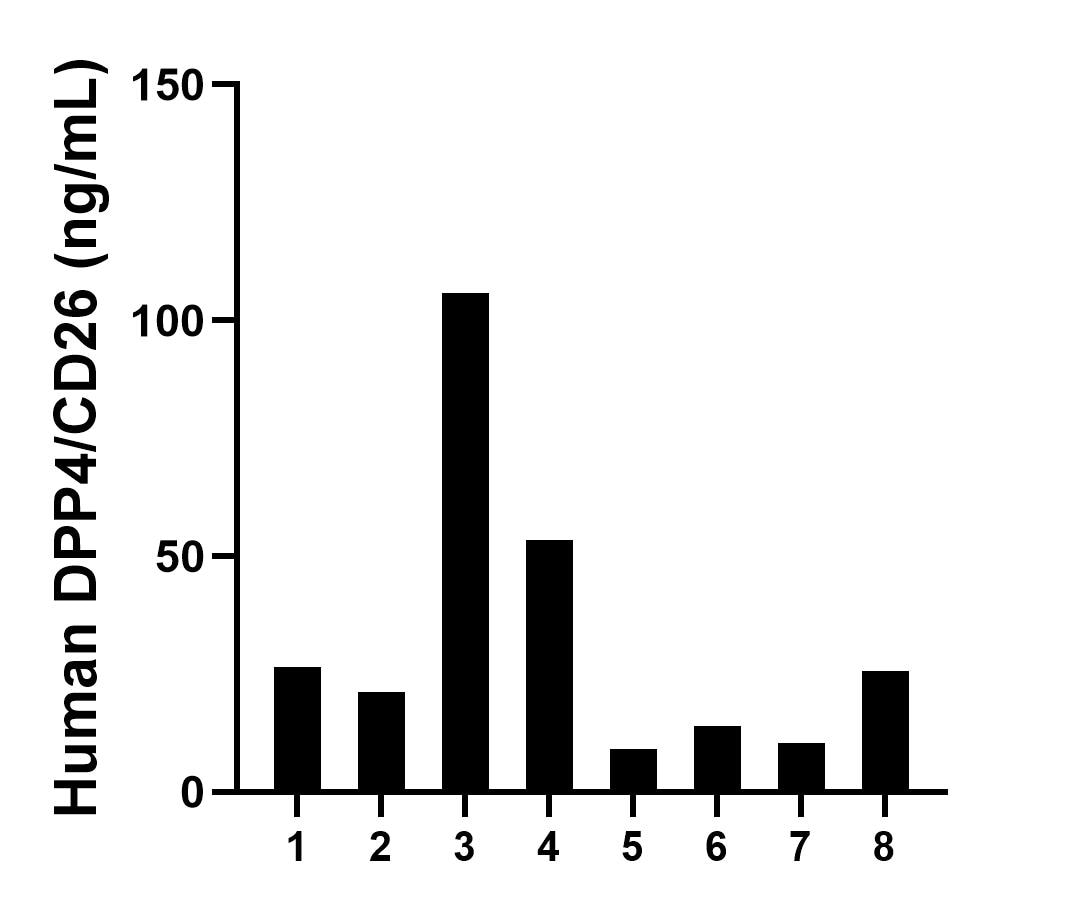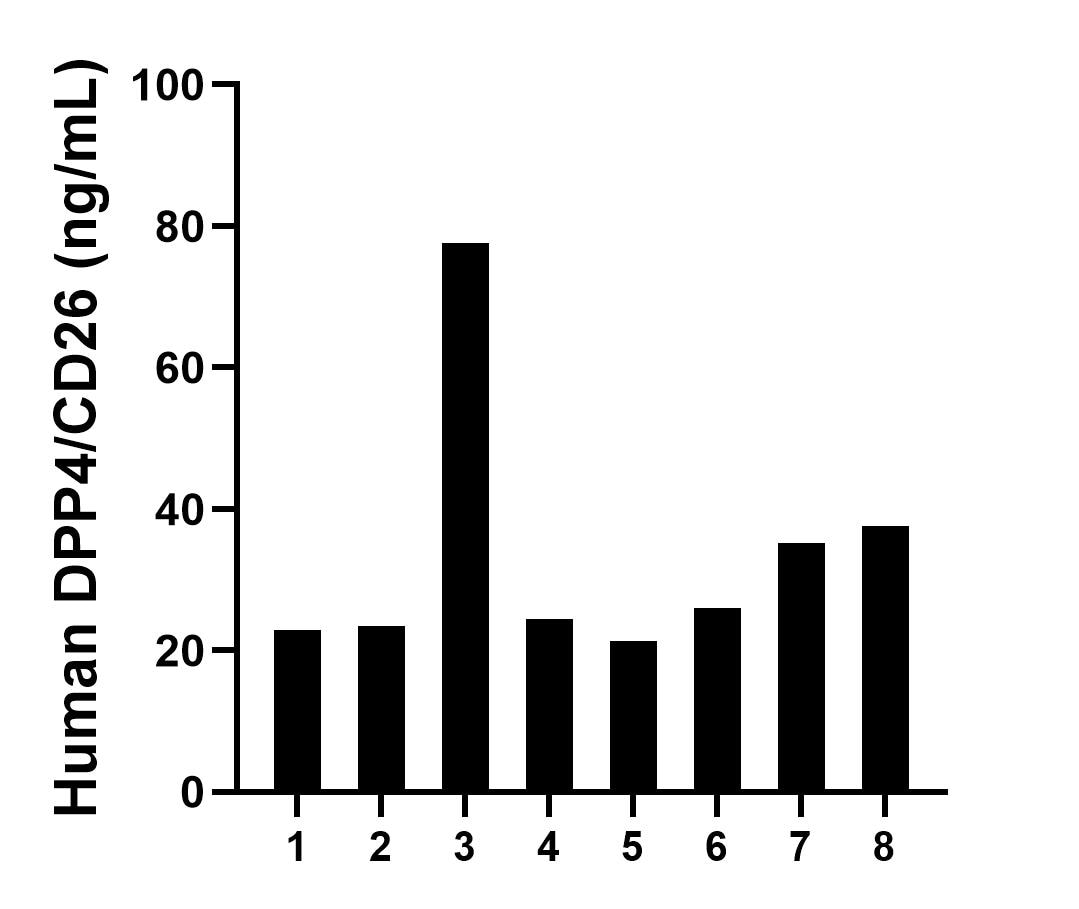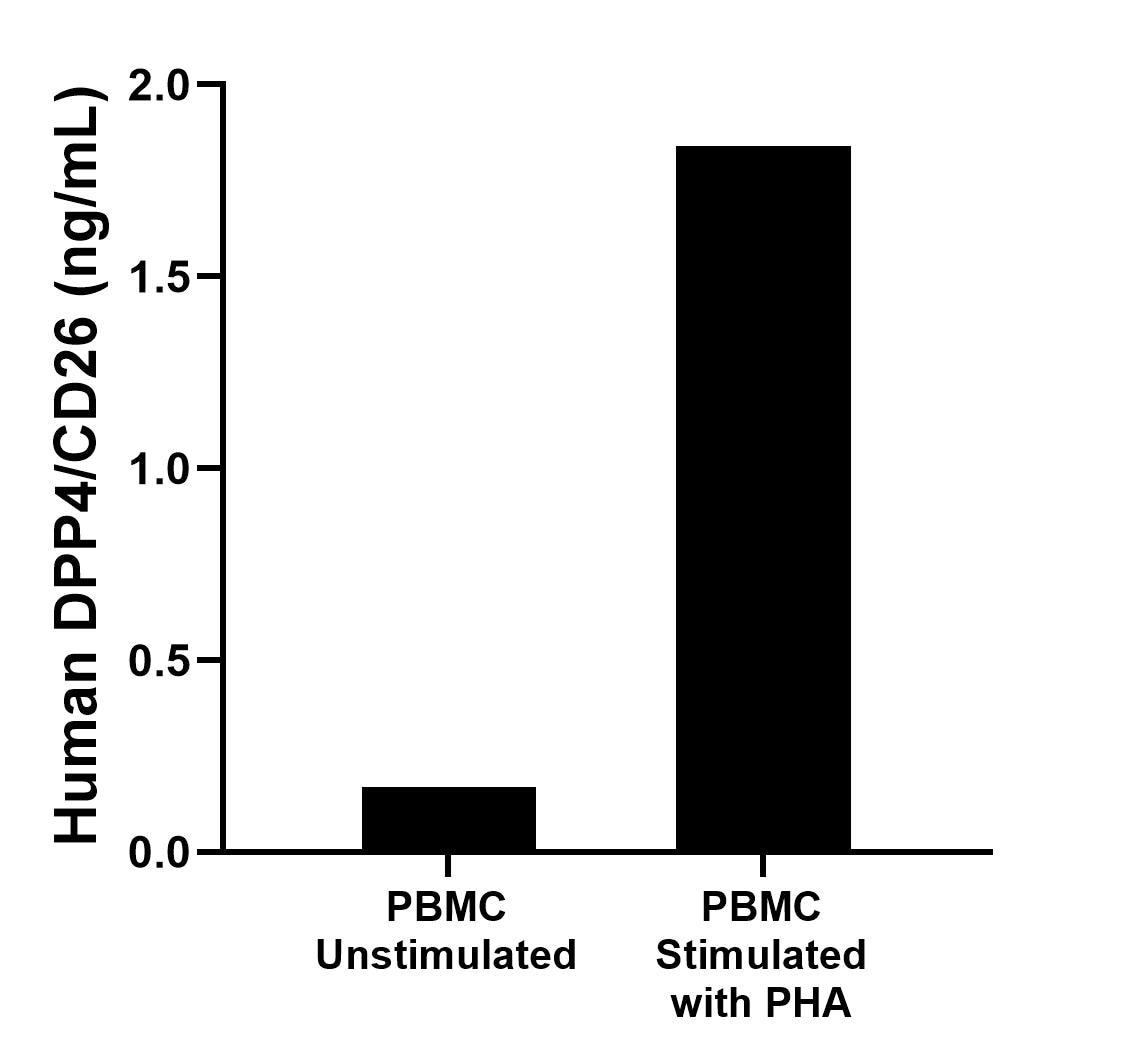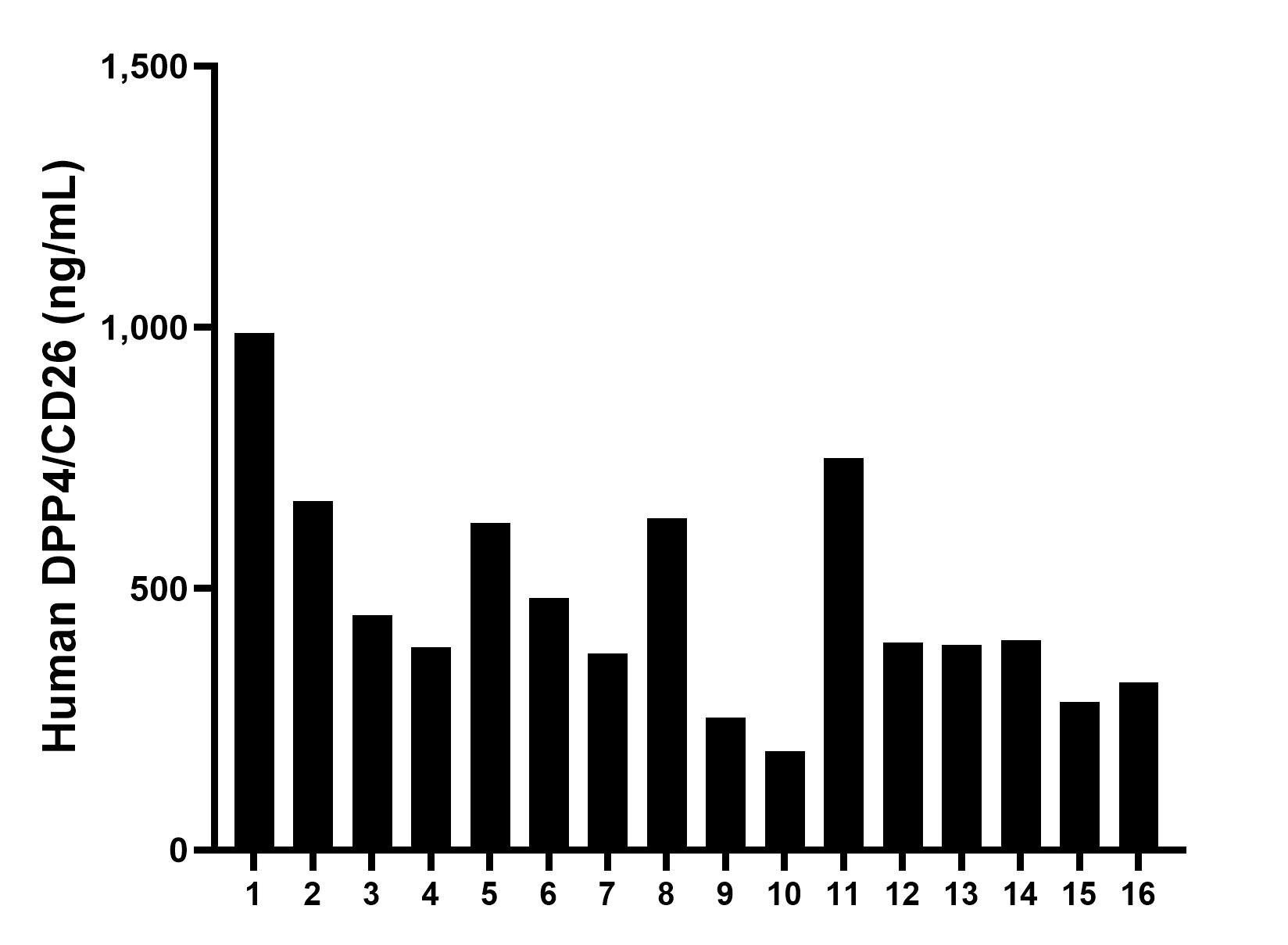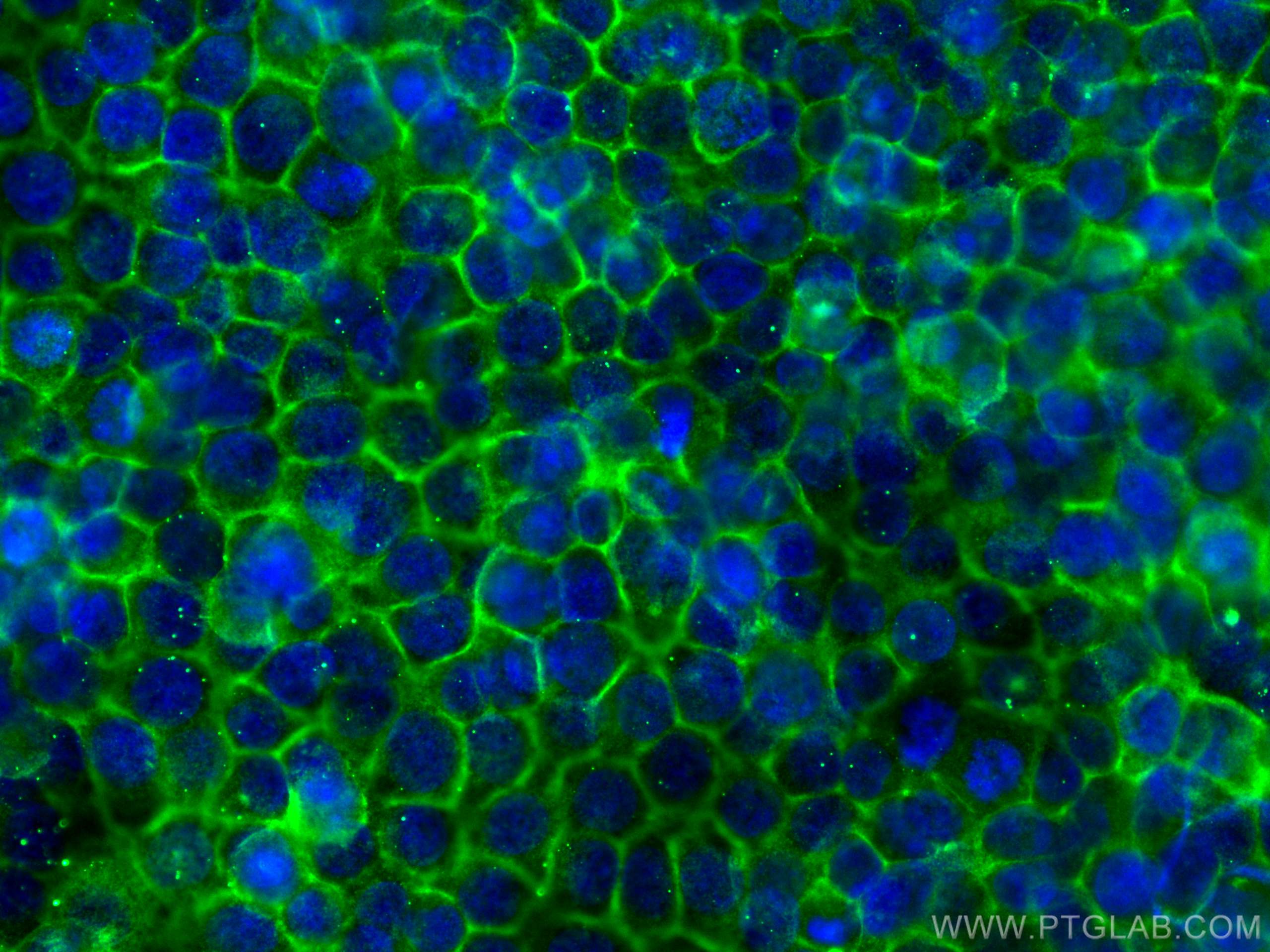Validation Data Gallery
Tested Applications
Recommended dilution
| Application | Dilution |
|---|---|
| It is recommended that this reagent should be titrated in each testing system to obtain optimal results. | |
Product Information
68383-1-PBS targets DPP4/CD26 as part of a matched antibody pair:
MP50051-1: 68383-1-PBS capture and 68383-2-PBS detection (validated in Sandwich ELISA)
Unconjugated mouse monoclonal antibody pair in PBS only (BSA and azide free) storage buffer at a concentration of 1 mg/mL, ready for conjugation.
This conjugation ready format makes antibodies ideal for use in many applications including: ELISAs, multiplex assays requiring matched pairs, mass cytometry, and multiplex imaging applications.Antibody use should be optimized by the end user for each application and assay.
| Tested Reactivity | human, pig, rabbit |
| Host / Isotype | Mouse / IgG1 |
| Class | Monoclonal |
| Type | Antibody |
| Immunogen |
CatNo: Eg0157 Product name: Recombinant Human DPP4/CD26 protein (Myc Tag, His Tag) Source: mammalian cells-derived, pHZ-KIsec Tag: Myc & 6*His Domain: 34-766 aa of BC013329 Sequence: DATADSRKTYTLTDYLKNTYRLKLYSLRWISDHEYLYKQENNILVFNAEYGNSSVFLENSTFDEFGHSINDYSISPDGQFILLEYNYVKQWRHSYTASYDIYDLNKRQLITEERIPNNTQWVTWSPVGHKLAYVWNNDIYVKIEPNLPSYRITWTGKEDIIYNGITDWVYEEEVFSAYSALWWSPNGTFLAYAQFNDTEVPLIEYSFYSDESLQYPKTVRVPYPKAGAVNPTVKFFVVNTDSLSSVTNATSIQITAPASMLIGDHYLCDVTWATQERISLQWLRRIQNYSVMDICDYDESSGRWNCLVARQHIEMSTTGWVGRFRPSEPHFTLDGNSFYKIISNEEGYRHICYFQIDKKDCTFITKGTWEVIGIEALTSDYLYYISNEYKGMPGGRNLYKIQLSDYTKVTCLSCELNPERCQYYSVSFSKEAKYYQLRCSGPGLPLYTLHSSVNDKGLRVLEDNSALDKMLQNVQMPSKKLDFIILNETKFWYQMILPPHFDKSKKYPLLLDVYAGPCSQKADTVFRLNWATYLASTENIIVASFDGRGSGYQGDKIMHAINRRLGTFEVEDQIEAARQFSKMGFVDNKRIAIWGWSYGGYVTSMVLGSGSGVFKCGIAVAPVSRWEYYDSVYTERYMGLPTPEDNLDHYRNSTVMSRAENFKQVEYLLIHGTADDNVHFQQSAQISKALVDVGVDFQAMWYTDEDHGIASSTAHQHIYTHMSHFIKQCFSLP 相同性解析による交差性が予測される生物種 |
| Full Name | dipeptidyl-peptidase 4 |
| Calculated molecular weight | 88 kDa |
| Observed molecular weight | 110 kDa |
| GenBank accession number | BC013329 |
| Gene Symbol | DPP4 |
| Gene ID (NCBI) | 1803 |
| Conjugate | Unconjugated |
| Form | |
| Form | Liquid |
| Purification Method | Protein G purification |
| UNIPROT ID | P27487 |
| Storage Buffer | PBS only{{ptg:BufferTemp}}7.3 |
| Storage Conditions | Store at -80°C. |
Background Information
CD26, also known as DPP4 (dipeptidyl peptidase-4), is a 110 kDa type II cell-surface glycoprotein widely expressed on T cells, activated B cells, activated NK cells and myeloid cells as well as on epithelial cells, fibroblasts, mesothelium, and endothelial cells of a variety of tissues (PMID:33777580; 26919392). It has ecto-enzyme activity in its extracellular domain and cleaves amino-terminal dipeptides with either L-proline or L-alanine at the penultimate position (PMID: 9553764). CD26 plays roles in diverse biological processes such as immunoregulation, glucose homeostasis, and tumorigenesis (PMID: 33777580).

